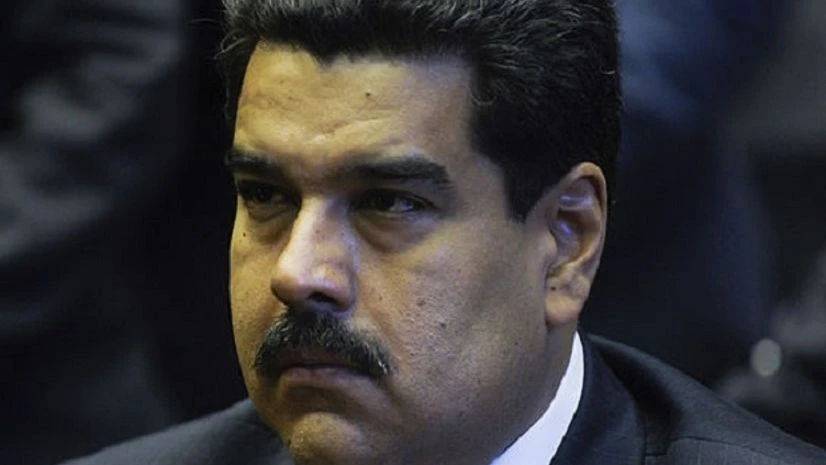Facing mounting pressure from food shortages, looting and increasingly violent protests, Venezuelan authorities have announced the next stage of a recall referendum against embattled President Nicolas Maduro.
But Maduro's camp said it would go to the Supreme Court to contest the process, accusing the opposition of fraud while gathering the signatures needed to call a referendum.
The wranglings are part of a marathon process to call a vote on sacking the leftist president, whom opponents accuse of driving oil-rich Venezuela to the brink of economic collapse.
More From This Section
The meeting was called by OAS Secretary General Luis Almagro, who warned of an "institutional crisis" in Venezuela that requires "immediate changes in the actions of the executive branch."
The National Electoral Board's (CNE) decision to let the recall move ahead came with a warning from its chief, Tibisay Lucena, who told Maduro's opponents the proceedings would be halted if there was any violence.
After repeated opposition protests, Lucena finally announced the CNE would take fingerprint scans from June 20 to 24 to confirm the identity of people who signed the opposition's referendum petition.
The electoral board, which the opposition accuses of dragging its feet to protect Maduro, appeared to have caved in after protests turned violent on Thursday and left a prominent lawmaker bloodied and beaten.
But a Maduro loyalist appointed to oversee the process, Jorge Rodriguez, vowed to go to the Supreme Court to stop what he called "this crime against the constitution".
He said the opposition's petition, submitted on May 2 with 1.8 million signatures, included dead people, children and others ineligible to sign.
Protests, looting and violent crime have been mounting in Venezuela as the country reels from shortages of food, water, medicine and electricity.
On Thursday, police fired tear gas to break up a protest led by lawmakers in the opposition-majority congress, who tried to march on the CNE's headquarters.
It was the fourth time in recent days police had cracked down on similar marches.
A brawl broke out and punches flew when the protesters faced Maduro supporters.
Julio Borges, the congressional majority leader, was attacked with clubs, punches and kicks from Maduro backers, leaving him with a bloodied nose.
Maduro blamed the violence on his political enemies and vowed to throw the "provocateurs" into prison.
Lucena, the country's top electoral official, also had a warning for the opposition, even as she agreed to let them move ahead with the referendum process.

)
